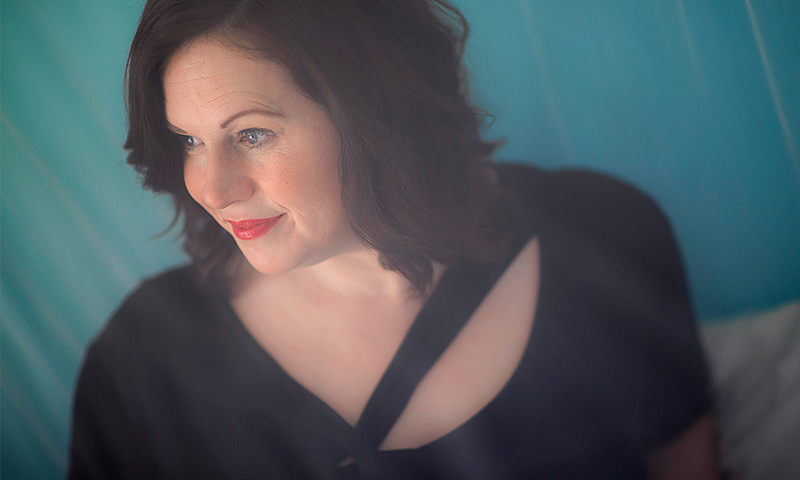Romance might be the most hated genre of fiction. If you do a highly unscientific Google search of "why I hate romance novels," you will find a long list of blog posts disparaging the world of romantic escapism. Some say romance novels are formulaic fluff, while others are uncomfortable with what they say are perfect, image-obsessed characters. Melanie MacGillivray, '97 BSc, doesn't agree. Having written five romance novels under the pen name MJ Summers (which she originally adopted for privacy), MacGillivray says romantic fiction is more valuable than its stereotypes might suggest.
Do you feel judged because you're a romance writer?
Some people think if you write romance, you're oversexed. Someone once said to me, in response to that, "Well, do people ever ask Stephen King how many people he kills?" Good point.
Do you think some people misunderstand the genre?
Many [romance] readers are college-educated women who are professionals. At the annual Romance Writers of America conference, there are these highly educated, business-savvy, incredibly smart women who write books as their business. They are [at the conference] to improve their craft and make money.
What about people who say romance novels are "just porn for women"?
I think the romance industry did itself a disservice with the bodice-rippers and alpha male-dominated novels that were popular in the 1980s. My books are about the characters: strong people who are better at talking and solving problems than most of us are in real life.
We all find different kinds of escape and entertainment: reading fiction, watching TV, playing video games. Aren't romance novels just another kind of escape?
Absolutely. They give people a different world to disappear into. There are wonderful chemicals that your brain releases when you fall in love, and you have a mini version of that chemical release when you read romance. If someone can find that escape and it has benefits, they shouldn't feel silly about that … although the covers [of romance novels] are often very cheesy.
Is romantic fiction evolving? Such as featuring LGBTQ characters, for example?
For sure. I met Christopher Rice - author Anne Rice's son - and he writes gay romance. A lot of women read the male-male romance and they love it as a totally different escape.
Despite what critics of the genre say, what have you learned from writing romance?
I stopped worrying so much about what people think, and it's really liberating when you can shake that. Right now, my journey is to know there's value in what I do. One of my readers told me she read my books while sitting at her mother's hospital bedside and it helped her through that difficult time. I've had women say their love life was dead until they started reading my books. [Romantic fiction] helps people, and there is something important about it even though a lot of people think it's silly or wrong. And that's OK.
This interview has been edited and condensed.

We at New Trail welcome your comments. Robust debate and criticism are encouraged, provided it is respectful. We reserve the right to reject comments, images or links that attack ethnicity, nationality, religion, gender or sexual orientation; that include offensive language, threats, spam; are fraudulent or defamatory; infringe on copyright or trademarks; and that just generally aren’t very nice. Discussion is monitored and violation of these guidelines will result in comments being disabled.